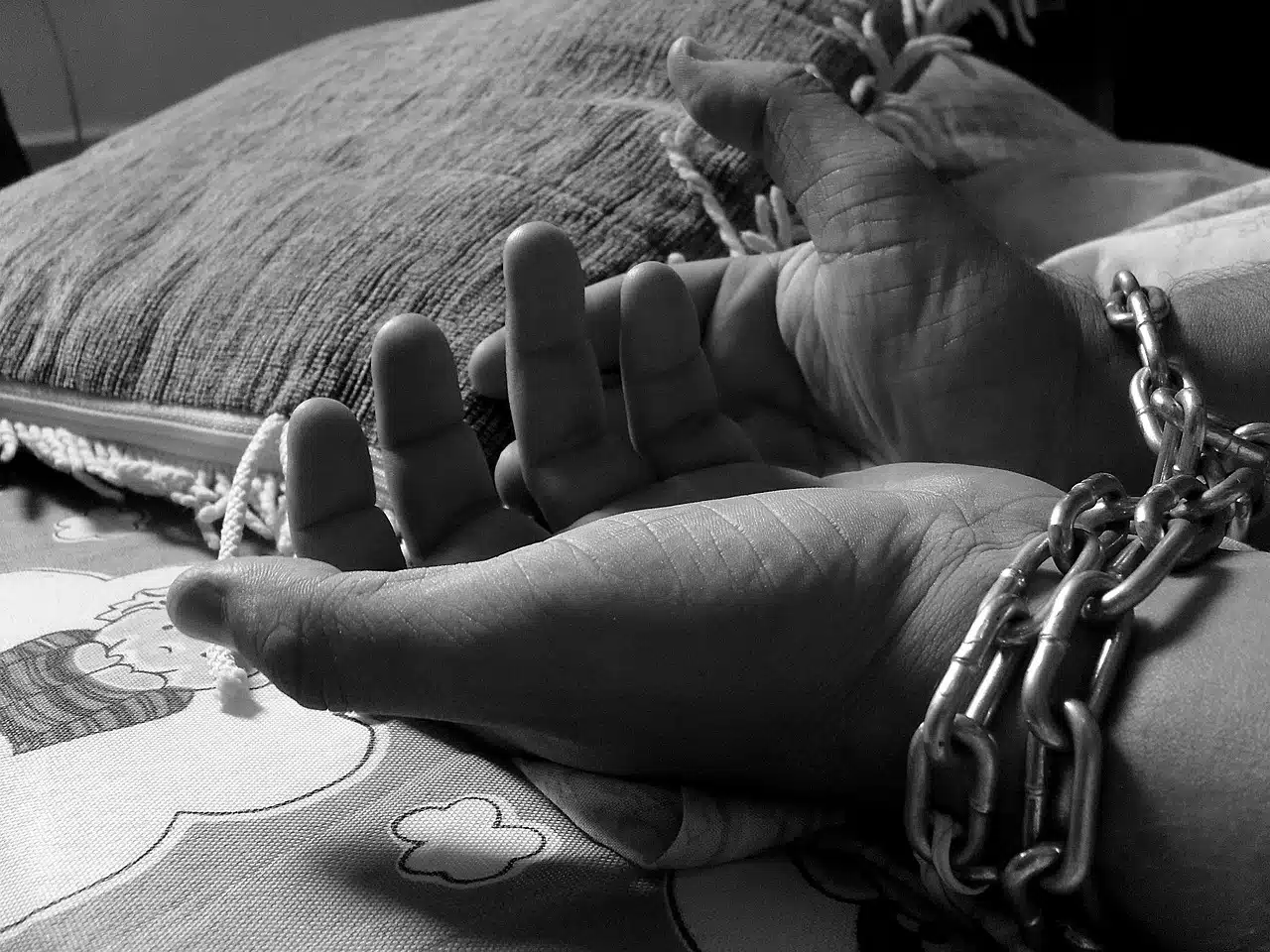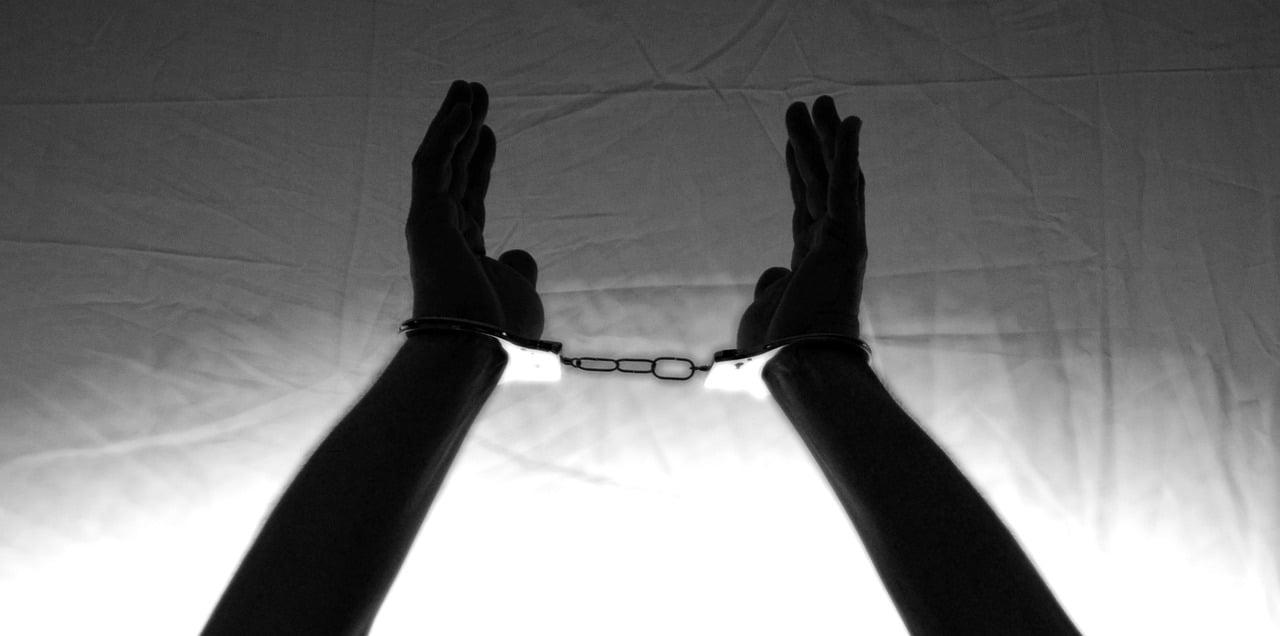
Human trafficking is based on the kidnapping, transfer or retention of human beings through coercive mechanisms.
Human trafficking is a crime that consists of the kidnapping , transfer or harboring of human beings through threat, violence or other coercive mechanisms (scam, abuse of a dominant position, etc.).
Considered modern slavery , human trafficking involves the buying and selling of people , where the victim is subject to the authority of another subject. Typically, trafficking is carried out for exploitation purposes, forcing the person to work in prostitution or other tasks analogous to slavery .
Human trafficking worldwide
Statistics indicate that human trafficking is the third most lucrative illegal activity, behind drug trafficking and arms trafficking. The United Nations (UN) states that nearly two and a half million individuals are victims of this scourge around the world.
Although the most common purpose of trafficking is labor or sexual exploitation , there were also cases of victims subjected to servitude , exploitation for begging (in the case of children), organ trafficking or even war. .

Human trafficking is associated with slavery.
Constitutive factors
The constitutive factors of human trafficking include the act (what is carried out: trapping, kidnapping, mobilizing, harboring victims), the means (the way in which it is carried out: through violence, lies, etc.). ) and the objective (what it is for: exploitation, forced labor, organ extraction).
Human trafficking differs from other types of illegal human trafficking by the absence of consent. Illegal migrants , for example, accept being transferred in humiliating or risky conditions.
Institutionalized crimes and human trafficking
We can say that human trafficking consists of 21st century slavery and is one of the most common crimes that moves the largest amount of money around the world, after drug and arms trafficking. Every time this crime is committed, all human rights of the same person are violated, corrupting not only their freedom but also their physical and emotional integrity .
The victims of this crime are usually vulnerable people, especially women, children and men in delicate physical or economic conditions; accustomed to discrimination and who do not put up much resistance. This business consists of hooking, recruiting and kidnapping hundreds of victims through deception who, once inside the system of illegality, have no alternative or escape.
A question that often arises when thinking about this crime is why do these types of crimes continue to exist today, when we live surrounded by information and are aware of these illegalities? Perhaps the answer lies in the fact that human beings have become too accustomed to being the king of the world and believe that they can do and undo as they please since there are few who truly resist the system .
animal trafficking
It is worth mentioning that there is not a big difference between human trafficking and animal trafficking. This last system, institutionalized and defended in various ways (including through massive advertising), is a business that consists of raising other living beings to kill them or extract economic or nutritional benefits from them. I wonder: is it less terrible than human trafficking? I don't think so, it is another example of the legalization of discrimination in our societies .
Both businesses continue to exist because supply and demand persist. The supply of people who, in order to get out of a delicate situation, are capable of selling themselves or their loved ones, and the supply of meat and products of animal origin for consumption and skins for shelter, and the demand: people willing to consume products from of a system where abuse is the main protagonist.
If we dared to break any of the chains, we could talk about a more just world; The secret, however, is that the human being understands his insignificance and stops playing the role of demi-god, capable of judging and deciding what the rest of the living beings were born for.
